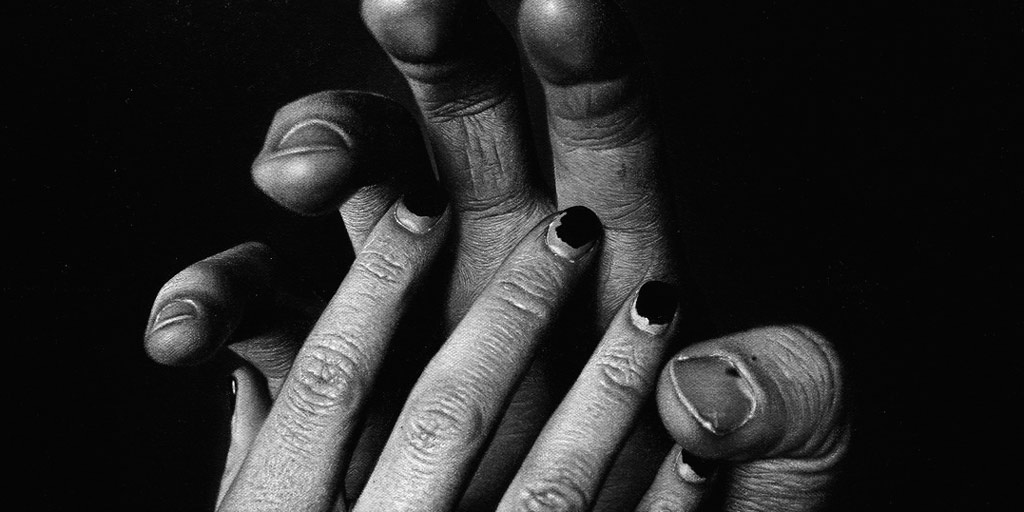Wreckord Reviews: July Talk isn't a one trick pony
 CREDIT: SLEEPLESS RECORDS
CREDIT: SLEEPLESS RECORDSEven with all of the polish, July Talk has delivered an enjoyable sophomore release.
July Talk, a band defined by their unique dueling vocalists, has returned with their highly anticipated sophomore release, Touch, on Sept. 9. The Toronto-based blues rockers exploded onto the scene thanks to a perfect juxtaposition of Leah Fay's silky smooth vocals and Peter Dreimanis' raspy raw howls overtop of garage influenced blues-rock.
A band with such a distinctive sound as July Talk is always faced with the question of evolving into something entirely different, risking the loss of core fans, or copying themselves and delivering too much of the same thing. It's clear from the opening keyboard line in “Picturing Love” that July Talk has taken the former option, stepping away from their garage-rock influence and grooving towards a “dancier” album.
Touch sounds like it was written by a more refined version of July Talk, a direction portrayed through a distinct pop influence and songs that take far fewer risks. While walking away from some of the garage influence has given July Talk a more cohesive and well-rounded album, it has also taken away from some of the surprise and excitement of their debut release, July Talk.
It's not to say that the latest album is boring in comparison but it's easy to tell that their sophomore release has gotten a lot of polishing. The new album at times sounds influenced by Arcade Fire's latest release, Reflektor, an album that similarly shows its production a little too clearly at times.
The new direction of Touch has given the guitar tones a slightly darker edge that creates better separation between the vocals and the instrumentation than the last album. This is a welcomed move that allows guitarist Ian Docherty and bassist Josh Warburton a new level of creative freedom.
Through this, Touch feels less like two vocalists with a band and much more like one cohesive unit. The instrumentation moves in unison with Dreimanis and Fay rather than fighting for our attention.
Speaking of cohesiveness, the vocalists spend much of this album as a duet rather than battling lead singers. July Talk came to us with a lot of tension in their contrasting vocals but Touch sees Dreimanis and Fay developing a closer relationship as they trade lines and spend a fair bit of time singing in unison on tracks such as “Strange Habit” and “Touch”.
Dreimanis, known for his harsh and raspy singing style, displays a wider range of styles on this album, delivering a soft and intimate performance in the album closer “Touch”, while Fay comes to us with edgier performances in tracks like “Johnny + Mary” and “So Sorry”. As the two singers explore characteristics of each other's vocal styles, they open a world of new opportunities without losing what makes each of their voices so unique.
Through working more as a duet, July Talk has delivered some interestingly mellow and vulnerable moments on tracks such as “Bad Habit”, “Now I Know” and “Touch”, which explores the worries of giving it all away to a partner. It's interesting that the album closes with this focus considering the opening track “Picturing Love”- explores craving intimacy while finding it unattainable. Even in an album as cohesive as this, July Talk has found ways to retain their utilization of opposites and yin-yang production choices.
While July Talk may never make another album as eccentric and risky as their debut, at least they've made a conscious effort to evolve and explore their influences before getting cornered into an archetype like Mumford and Sons prior to Wilder Minds. There are definitive moments of unadulterated rock peppered throughout Touch but it doesn't quite eclipse the excitement of July Talk. While still an enjoyable album, Touch is a clear example of production taking away from originality.
Rating: 3.5 out of 5














